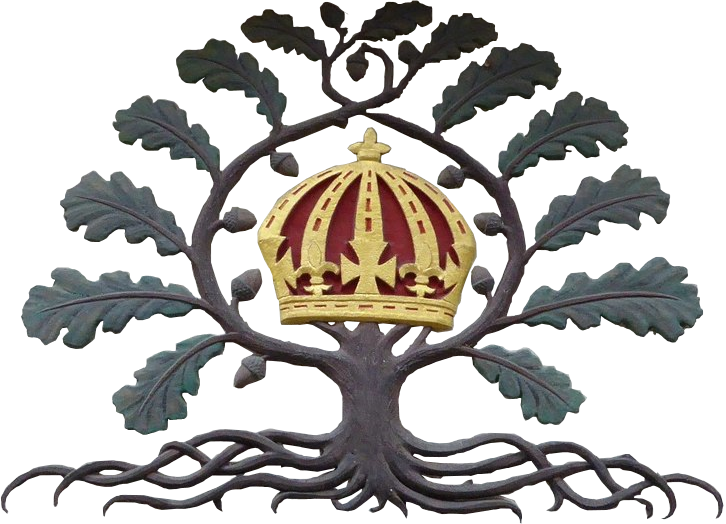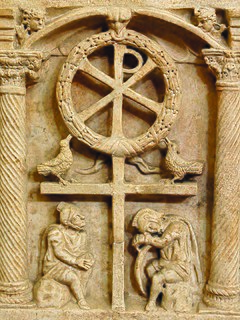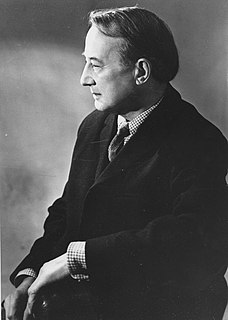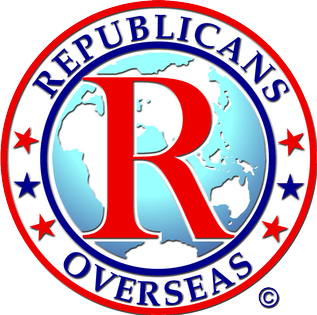 W
WThe Bharatiya Janata Party is one of two major political parties in India, along with the Indian National Congress. It is the current ruling political party of the Republic of India, having been so since 2014. The BJP is a right-wing party, and its policy has historically reflected Hindu nationalist positions. It has close ideological and organisational links to the much older Rashtriya Swayamsevak Sangh (RSS). As of 2019, it is the country's largest political party in terms of representation in the national parliament and state assemblies and is by far the world's largest party in terms of primary membership, with the second largest party, the Chinese Communist Party, having about half the registered members of the BJP.
 W
WEdmund Burke was an Irish statesman, economist, and philosopher. Born in Dublin, Burke served as a member of parliament (MP) between 1766 and 1794 in the House of Commons of Great Britain with the Whig Party after moving to London in 1750.
 W
WThe Constitution of Liberty is a book by Austrian economist and Nobel Prize recipient Friedrich A. Hayek. The book was first published in 1960 by the University of Chicago Press. It is an interpretation of civilization as being made possible by the fundamental principles of liberty, which the author presents as prerequisites for wealth and growth, rather than the other way around.
 W
WHigh Toryism is a term used in Britain, and elsewhere, to refer to old traditionalist conservatism which is in line with the Toryism originating in the 17th century. High Tories and their worldview are sometimes at odds with the modernising elements of the Conservative Party. Historically, the late eighteenth-century conservatism derived from the Whig Edmund Burke and William Pitt the Younger marks a watershed from the "higher" or legitimist Toryism that was allied to Jacobitism.
 W
WDavid Hume was a Scottish Enlightenment philosopher, historian, economist, librarian and essayist, who is best known today for his highly influential system of philosophical empiricism, skepticism, and naturalism. Beginning with A Treatise of Human Nature (1739–40), Hume strove to create a naturalistic science of man that examined the psychological basis of human nature. Hume argued against the existence of innate ideas, positing that all human knowledge derives solely from experience. This places him with Francis Bacon, Thomas Hobbes, John Locke, and George Berkeley as a British Empiricist.
 W
WIn politics, integralism or integrism is the principle that the Catholic faith should be the basis of public law and public policy within civil society, wherever the preponderance of Catholics within that society makes this possible. Integralists uphold the 1864 definition of Pope Pius IX in Quanta cura that the religious neutrality of the civil power cannot be embraced as an ideal situation and the doctrine of Leo XIII in Immortale Dei on the religious obligations of states. In December 1965, the Second Vatican Council approved and Pope Paul VI promulgated the document Dignitatis humanae–the Council's "Declaration on Religious Freedom"–which states that it "leaves untouched traditional Catholic doctrine on the moral duty of men and societies toward the true religion and toward the one Church of Christ" while simultaneously declaring "that the human person has a right to religious freedom," a move that some traditionalists such as Society of St. Pius X-founder Archbishop Marcel Lefebvre have argued is in contradiction to previous doctrinal pronouncements. Integralists therefore do not accept the Second Vatican Council's perceived repudiation of civilly established Catholicism.
 W
WJoseph-Marie, comte de Maistre was a Savoyard philosopher, writer, lawyer and diplomat who advocated social hierarchy and monarchy in the period immediately following the French Revolution. Despite his close personal and intellectual ties with France, Maistre was throughout his life a subject of the Kingdom of Sardinia, which he served as a member of the Savoy Senate (1787–1792), ambassador to Russia (1803–1817) and minister of state to the court in Turin (1817–1821).
 W
WMichael Joseph Oakeshott FBA was an English philosopher and political theorist who wrote about philosophy of history, philosophy of religion, aesthetics, philosophy of education, and philosophy of law.
 W
WThe Reactionary Mind: Conservatism from Edmund Burke to Sarah Palin is a 2011 book written by political theorist Corey Robin. It argues that conservatism from the 17th century to today is based on the principle "that some are fit, and thus ought, to rule others". Robin argues that rather than being about liberty, limited government, resistance to change, or public virtue, conservatism is a "mode of counterrevolutionary practice" to preserve hierarchy and power.
 W
WRepublicans Overseas (RO) is a political organization created in 2013 for United States citizens who are living outside of the United States. RO is recognized by the Republican National Committee (RNC), and by other affiliated groups, such as College Republicans. It operates in the majority of countries around the world where there are large numbers of United States citizen residents. Similar to political action committees (PAC) and Super Pacs; RO is a 527 political organization that operates as a corporation with specific interests of repealing the Foreign Account Tax Compliance Act (FATCA) and of generally representing Republicans living overseas.
 W
WThe Rhetoric of Reaction: Perversity, Futility, Jeopardy is a book by theorist Albert O. Hirschman, which styles the rhetoric of conservatism in opposition to social change as consisting of three narratives: perversity, futility, and jeopardy, and that, further, these narratives are simplistic and flawed, and cut off debate. After a historical examination of his thesis, he discusses corresponding progressive narratives, and proposes a new framework.
 W
WRight realism, in criminology, also known as New Right Realism, Neo-Classicism, Neo-Positivism, or Neo-Conservatism, is the ideological polar opposite of left realism. It considers the phenomenon of crime from the perspective of political conservatism and asserts that it takes a more realistic view of the causes of crime and deviance, and identifies the best mechanisms for its control. Unlike the other Schools of criminology, there is less emphasis on developing theories of causality in relation to crime and deviance. The school employs a rationalist, direct and scientific approach to policy-making for the prevention and control of crime. Some politicians who ascribe to the perspective may address aspects of crime policy in ideological terms by referring to freedom, justice, and responsibility. For example, they may be asserting that individual freedom should only be limited by a duty not to use force against others. This, however, does not reflect the genuine quality in the theoretical and academic work and the real contribution made to the nature of criminal behaviour by criminologists of the school.
 W
WSocial Darwinism refers to various theories that emerged in Western Europe and North America in the 1870s that applied biological concepts of natural selection and survival of the fittest to sociology, economics, and politics. Social Darwinism posits that the strong see their wealth and power increase while the weak see their wealth and power decrease. Various social Darwinist schools of thought differ on which groups of people are the strong and which are the weak, and also differ on the precise mechanisms that reward strength and punish weakness. Many such views stress competition between individuals in laissez-faire capitalism, while others, emphasizing struggle between national or racial groups, support nationalism, authoritarianism, eugenics, racism, imperialism, and/or fascism. The ideology of social Darwinism inspired the perpetrators of genocides including the Armenian Genocide and the Holocaust.
 W
W"The Three Legged Stool of the Republican Party" also known by "The Gipper's Stool" or "Reagan's Stool" is a theory about the composition of the Republican party
 W
WA Tory is a person who holds a political philosophy known as Toryism, based on a British version of traditionalism and conservatism, which upholds the supremacy of social order as it has evolved in the English culture throughout history. The Tory ethos has been summed up with the phrase "God, Queen, and Country". Tories are generally monarchists, were historically of a high church Anglican religious heritage, and opposed to the liberalism of the Whig faction.
 W
WA tradwife is a woman who prefers to take a traditional role in marriage. Some may have chosen to leave careers in business or in public life to focus instead on their families and raising children. They tend to agree with statements like "a woman's place is in the home".